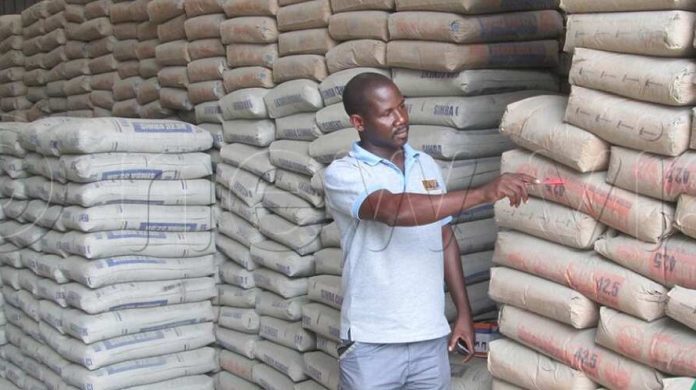A retiring director in the Federal Ministry of Works, Mr. Olaseni Bakare, on Friday said rigid pavement construction also known as cement construction was the best option for lasting roads in Nigeria.
Bakare who served as the Director of Highways, Construction and Rehabilitation made this known during his retirement ceremony from the civil service.
The event was organised by the Federal Ministry of Works, Highways Department, Abuja.
The News Agency of Nigeria (NAN) reports that rigid pavement is a type of road construction that uses cement concrete slabs to create a durable, long-lasting surface.
According to the Director, rigid pavement is designed to withstand heavy traffic without changing shape or rupturing adding that they are durable.
“Having our roads, our highways made in rigid pavement is the best. We have in the past tried to shy away from it because of its high cost, it is more expensive.
“However, I want to tell you that rigid pavement is stronger and lasts longer than asphalt pavement.
“When you look at our attitude as Nigerians, I think rigid pavement will help to guide against so many things that we do.
“One of the things responsible for the failure of our highways is overloading, because we do not have proper regulation of average load on our roads,’’ he said.
Rigid pavement, he said, will help to at least take care of and would make the nation’s roads last longer.
Bakare, however, said there were challenges to achieving that.
“There is a shortfall in funding. We have all the data that records all the situation of our roads.
“What we do not have most of the time is enough funding. However, we have a way of strategising so that we face the most critical roads and we manage the funds brought in by government,” he said.
He advocated alternative innovations and the reintroduction of the pupillage system in civil servants to groom younger engineers to build capacity for sustainable road infrastructure.
“When we got into service, we were given what we call pupillage for one year.
“During those pupillages, we were made to go through all the major departments in highways, in the technical part of Federal Ministry of Works.
“In so doing, we were introduced and made to know what we are going to do; we were able to meet with the leaders in all those various departments.
“It is part of what helped us to learn and grow very well in the ministry,’’ he said.
The Permanent Secretary, in the ministry, , Dr Yakubu Kofarmata, commended Bakare for his contributions to the development of road infrastructure in Nigeria.
Kofarmata represented by Dr Bede Uchechukwu, Director, Highways Bridges and Designs, urged Bakare to continue to support the ministry by giving advice when called upon. (NAN)


